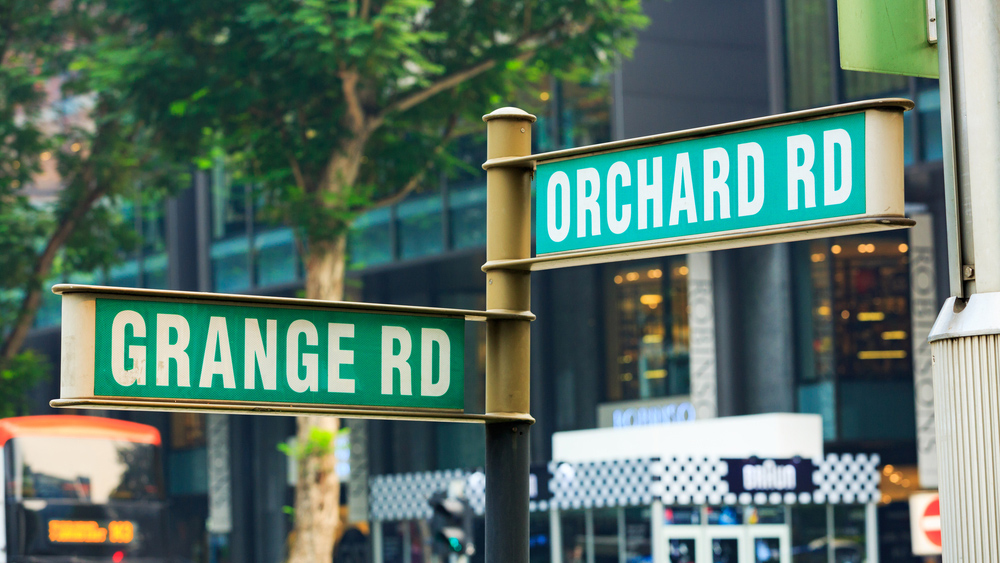It seems impossible, but selling a house on a street with the wrong name could cost you 44 percent of your sales price. According to a recently-released tidbit from Zillow, sellers who list properties on a street with a certain negative name could end up making 44 percent less than the average price of a home in the United States, regardless of where that street is located. While every case is different and there are certain things you can do to mitigate this issue, investors should be aware of the potential problems that can come with literally buying on the wrong street.
What’s in a Name?
It’s hard to believe that a street name could cost you so much, but more than 110 million listings say it might. According to data from Zillow, if you are selling on “Main Street” then you need to be aware that homes on streets called Main Street are worth, on average, 44 percent less than the average U.S. home.
What Does This Statistic Mean for Me?
44 percent is definitely a sizable chunk of money, and it’s hard to believe that, what is likely the main artery in a lot of towns, is actually responsible for that kind of price hit. If you dig into the fine print, you’ll discover that in this case, it’s not so much the name as the location. Main streets, whether in a town or a neighborhood, tend to have more traffic, making them inherently less desirable to main residents. While a downtown loft on Main Street may be appealing, it seems far more likely that more homes on more main streets, as the data bears out, tend to sell for less than other homes in their area.
The good news is that you are probably facing a much smaller discrepancy when you look at a Main Street house on a smaller scale. In fact, while a Main Street property will almost certainly still be worth less than other comps in the area, you might only be looking at a five- or 10-percent hit on your sales price, and in some areas where Main Street is the hip or trendy place to be, you might actually come out ahead of the other properties in the area. Probably the investors with the most to gain (or loss) from this type of comps data are the ones who buy sight-unseen and do not have a cash-flow plan in place for their investments over the long term. These investors must pay even closer attention than most to potential pitfalls like street names and other unlikely issues.
What Should I Do?
The key, as you might expect, to using this information effectively is to look at the local market and draw your own conclusions. Whether you are investing next door or in the next country, as long as you have access to the internet you can do the research you need in a local area to get the information necessary to make a good investment. And don’t let the word “main” always scare you off. Just let it alert you to the need for some very thorough due diligence.
Carole Van Sickle Ellis is the editor for Think Realty Magazine. Reach her at cellis@thinkrealty.com.
























0 Comments